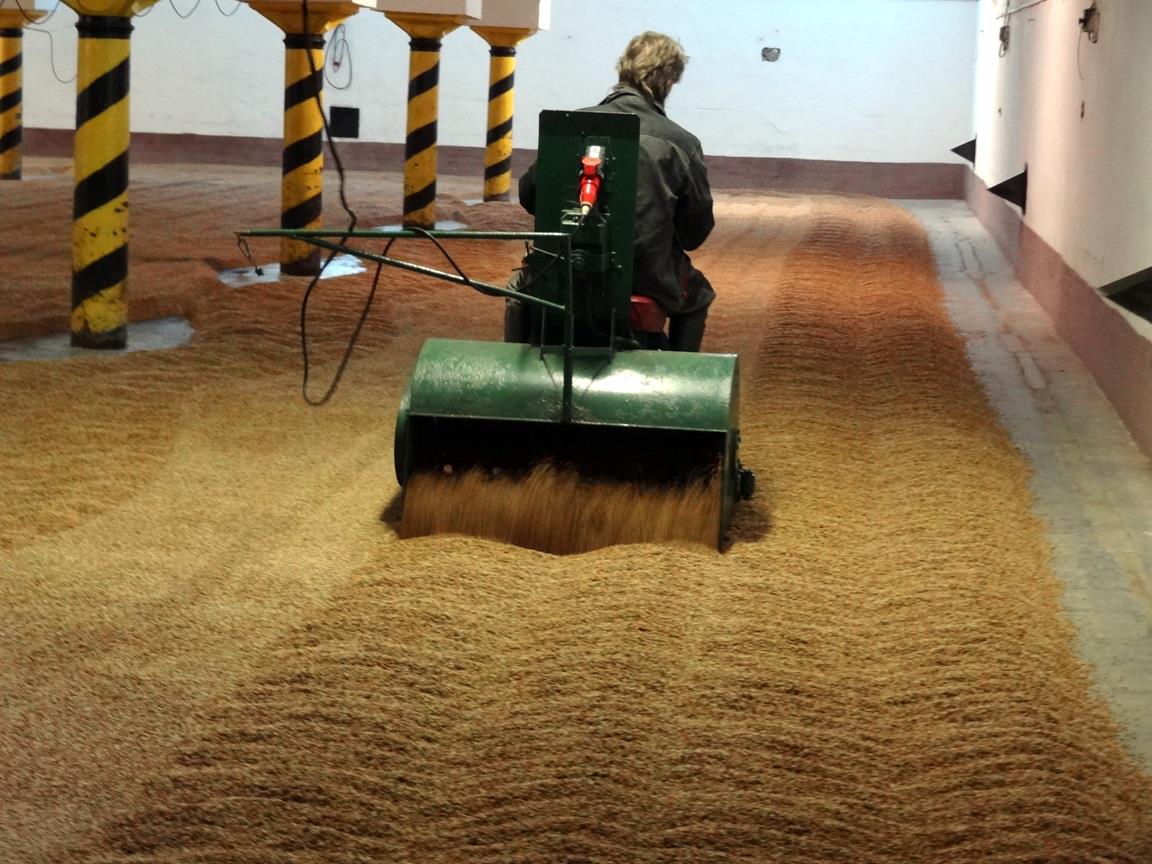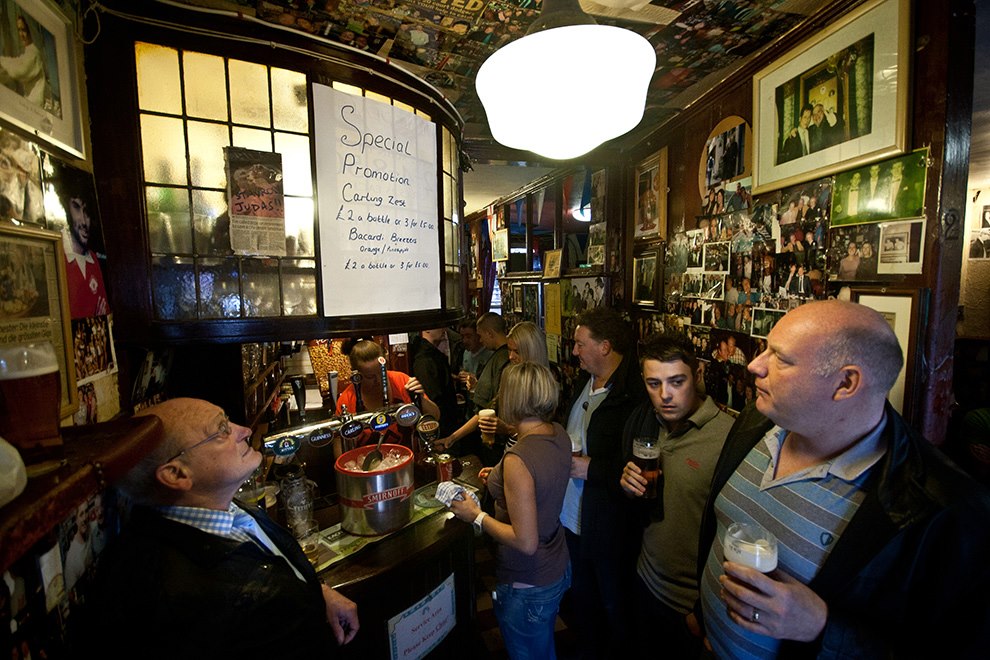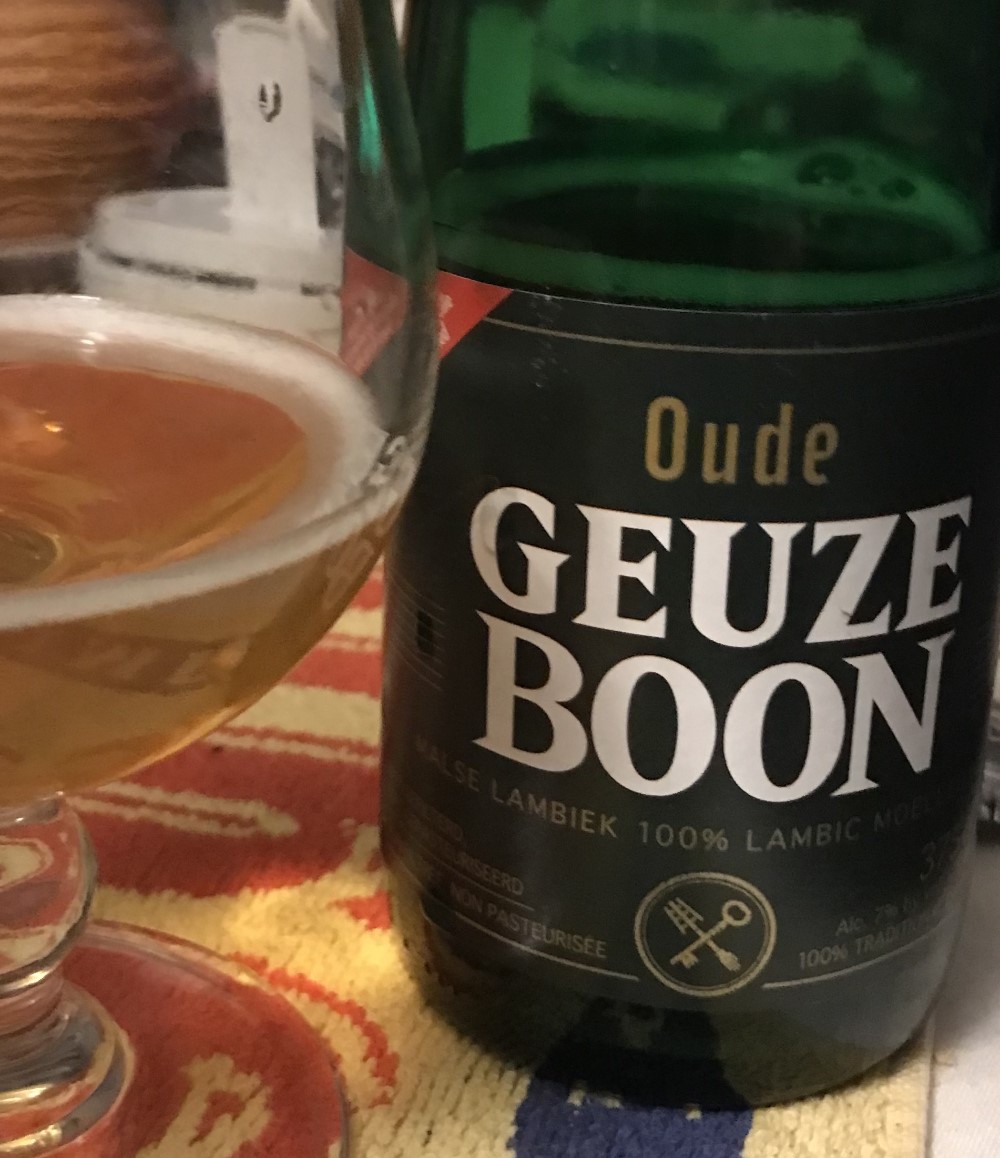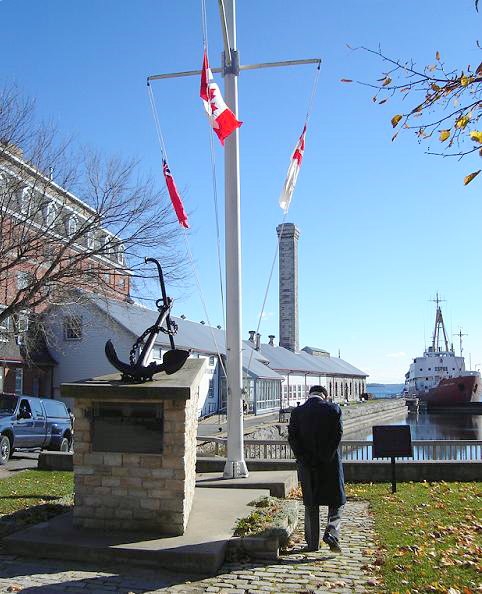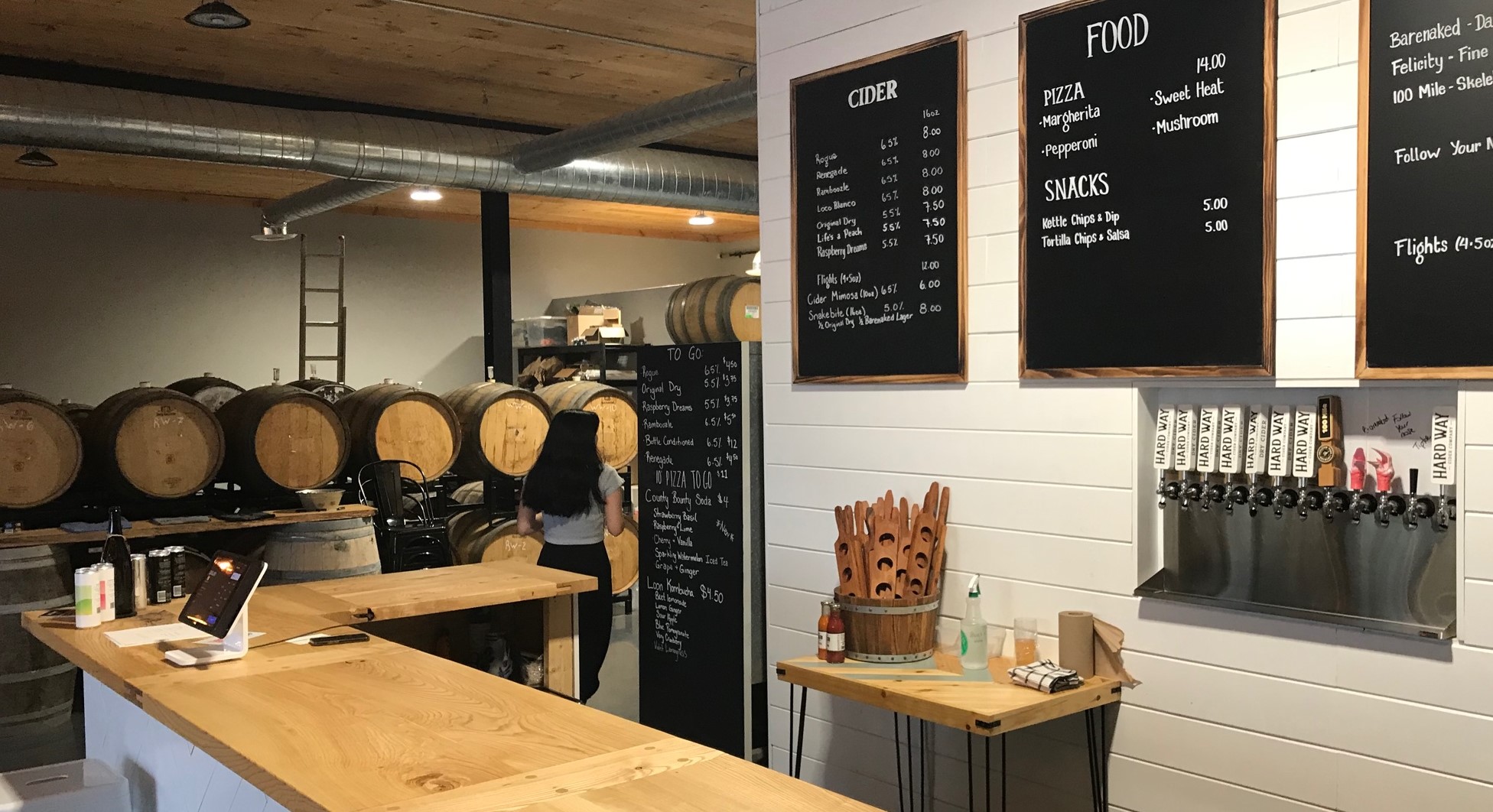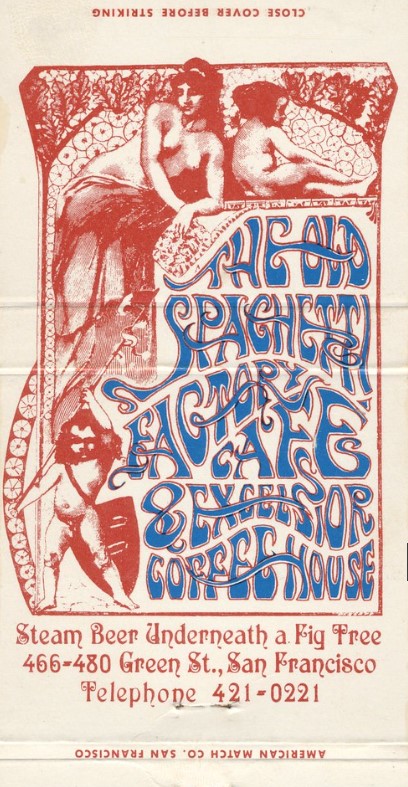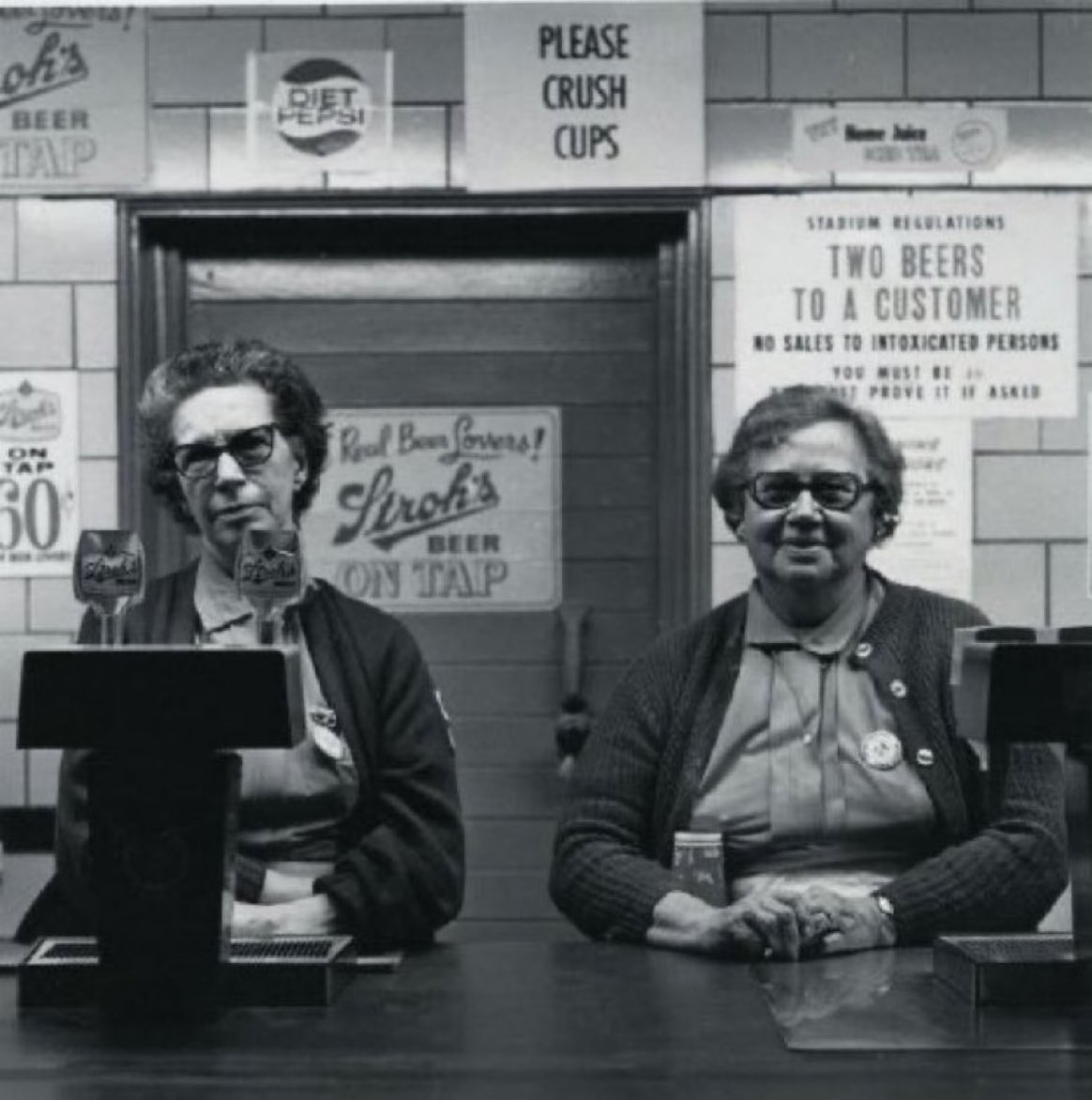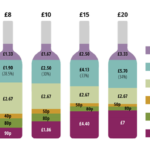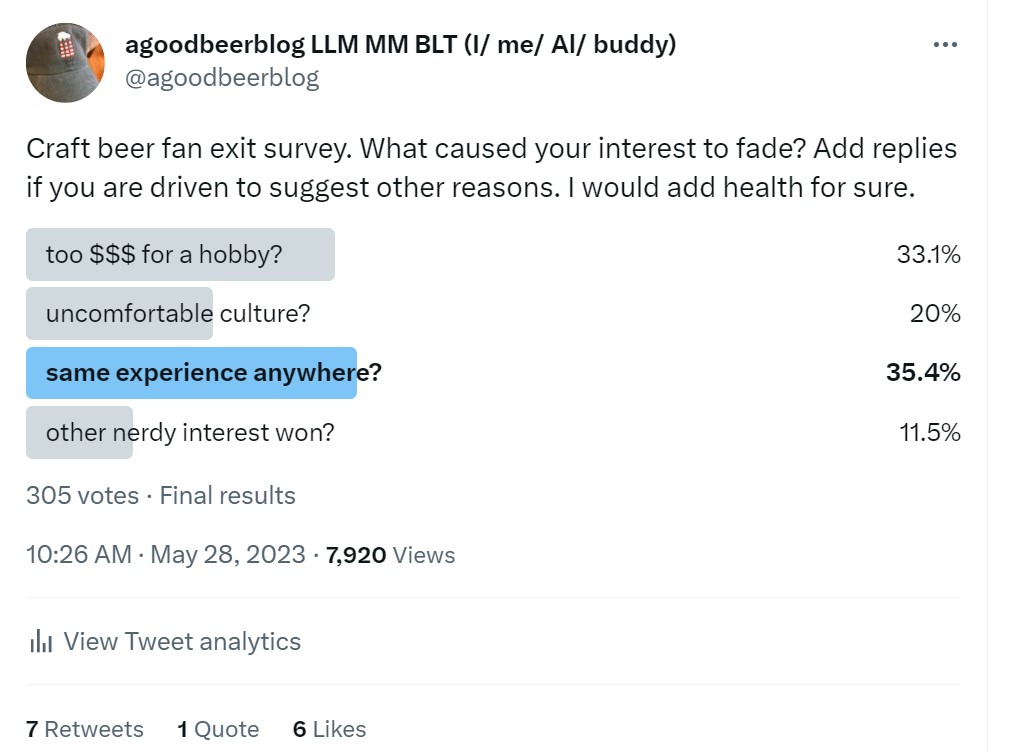 So… today is Leap Day Thursday but tomorrow is March. The second event is more exciting to me even if it doesn’t happen only every 28 years. Careful readers will know that I’ve coaxed along those plants right there down in the basement, a bit of chlorophyll green under grow lamps since November. Click for the deets. But the thrill of knowing I am going outside on Saturday to actually plant actual pea seeds under thermal cover is palpable. Palpitational even. Spring. You know, baseball and outside veg live parallel lives in these parts. March to November if you are lucky. And did I mention there’s a solar eclipse coming? We are on the path. So much doin’s going on.
So… today is Leap Day Thursday but tomorrow is March. The second event is more exciting to me even if it doesn’t happen only every 28 years. Careful readers will know that I’ve coaxed along those plants right there down in the basement, a bit of chlorophyll green under grow lamps since November. Click for the deets. But the thrill of knowing I am going outside on Saturday to actually plant actual pea seeds under thermal cover is palpable. Palpitational even. Spring. You know, baseball and outside veg live parallel lives in these parts. March to November if you are lucky. And did I mention there’s a solar eclipse coming? We are on the path. So much doin’s going on.
What is going on with beer? There’s a theme or two forming on the horizon over the last few weeks that I want to explore a bit. For beer drinkers, it looks like a bit of a positive pattern even if it’s a pattern small brewers might not necessarily welcome. And there has been some reflection on the point of being a beer writer that goes a little past navel gazing. Along with a bunch of other stuff. But there are no new drunk domesticated animal stories. Sorry Stan.
 Let’s go. First, we received a check-in from France this week from Gary Gillman who’s taking a break from the blog as he only packed his cell phone. He sent holiday snap shots like that one there. We had flash freezing warnings here last night, ourselves. Frig. It’s March Friday, right? This is sort of a category #2 story but it’s a break Gary is taking that is being put to good use according to his emails:
Let’s go. First, we received a check-in from France this week from Gary Gillman who’s taking a break from the blog as he only packed his cell phone. He sent holiday snap shots like that one there. We had flash freezing warnings here last night, ourselves. Frig. It’s March Friday, right? This is sort of a category #2 story but it’s a break Gary is taking that is being put to good use according to his emails:
I am in France again… The mountains shown are in Menton, on the Mediterranean, where I stay until next Thursday. Then to Toulon down the coast, til end of month… I checked again on the history of the Abbaye de Crespin and St. Landelin ales… they were brewed by tiny Rimaux Brewery in Crespin, on the French-Belgian border. Jackson lauded the little brewery in the 1977 The World Guide to Beer, and mentioned that the local abbey once had brewed beer. Rimaux Brewery closed forever in 1988. After that, the small Jeanne D’Arc Brewery in Ronchin, and later Enfants de Gayants Brewery in Douai which bought out Jeanne D’Arc, issued these labels, maybe by buying them from the last Rimaux owner – either that or they just started to brew their own versions to keep the names in the market, I couldn’t confirm which. Then, in 2010 Saint-Omer Brewery in Saint-Omer buys out Enfants de Gayants, closing the Douai Brewer, and continuing some of these labels including Abbaye de Crespin and St. Landelin. So one way or another the Abbaye de Crespin Noel I pictured relates back to one of the ales in the Rimaux line, and less directly to an old heritage of abbey brewing in France similar to the Belgian tradition.
So he’s on the hunt. Working it. As is this week’s feature at Pellicle by Jana Godshall is also a romantic romp in faroff Sicily and one, unlike Gary’s emails, that includes the word “Aldo” 33 times – which makes sense because he is the winemaker at the heart of the story:
Aldo has been connected with nature, communicating and listening since he was a boy. As a fourth-generation winemaker, Aldo carries on a family tradition that spans his great-grandfather, grandfather, and father, Don Ancilino. This legacy endures as Aldo and his brother, Alessandro, continue to bottle and sell their own individual wines. Though Aldo may not explicitly label himself a winemaker, he embraces the roles of artist, farmer, composer. This symphony of skills defines his approach to his land and illustrates the importance of communication in this trade.
There’s four of them right there! If you want to travel, too, while enriching your understanding, check out the latest Beeronomics conference will take place at University of Milan Bicocca, Italy, 19-22 June.
Main panels and sessions will be held at the University of Bicocca main campus located in the heart of the city. The Conference Organising Committee, led by Christian Garavaglia, welcomes all high-quality research on the economics of beer and brewing. With a strong interest in interdisciplinary research, we are looking for submissions
Papers being presented are expected to cover trends and driving forces in local and global beer production, consumption, distribution; management, marketing, market structure and industrial dynamics; individual beer choice and health; policy and regulation; and the impact of beer on society and culture. Also, have a look at the Historic Brewing Conference being held in Manchester, England on the 5th and 6th of August, 2024.
Always giving a learned air, Mudgie wrote a good post that started me thinking about theme #1 – it’s on the tension in economic terms between premiumisation on the one hand and, on the other, the unfortunate habit of ever rotating novel offerings. He frames the question in terms of guest beers at a pub but I think the same applies for craft in the US:
To achieve premium status, you need to be able to exercise a strong measure of control over product quality at the point of sale. You must make it possible for people to readily find your product, and to be able to make repeat purchases if they like it. And you will need to develop the perception of your product over a long period of time through a carefully considered and crafted marketing strategy. But none of this applies to rotating guest beers. Yes, it matters that the individual pub knows how to look after its beer, but if one isn’t to your taste there will be another along in a couple of days, or even later the same evening.
This is an interesting counterpoint to Jessica Mason‘s report late last week on the price of beer in one higher end Irish pub hitting 10 euros a pint:
Reports highlighted that, currently, in the main bar at the Merchant Arch, drinkers are charged €9.10 for a pint of Carlsberg and €8.65 for a pint of Guinness but these prices are due to rise in the room upstairs at the venue to €9.95 for Carlsberg and €9.65 for Guinness. Additionally, after 10pm, the venue also reportedly increases the prices further to above €10 with a pint of Carlsberg setting customers back €10.90 and a pint of Guinness costing €10.50. As part of the “late hours” prices, reports confirmed that a pint of Kilkenny costs €10.65, a Blue Moon or Chieftain pint €10.50 and a Harp pint €10.60.
See, for me, all things seeming to be equal,* I look at a pint as a unit of personal drink decision the same way a glass of wine is. And there are five 150 ml servings of wine in a bottle. So a pint of Blue Moon at €10.50 is competing with a €52.50 bottle of wine. I am pretty sure I can buy a very nice bottle of wine when out and about for $77.20 CND. For home consumption I can actually buy two at a far higher quality** than any NNY gas station shelf regular offering like Blue Moon. And so, going back to Mudgie’s point, even if we accept premiumisation with these stable standard brands is possible… is it sustainable given the recreational alternatives?
Still… Reuters has published an interesting article suggesting that big beer may have now hit the bottom and is ready for an upswing compared to the spirits trade – which I can believe if we trust the sort of math we see above:
Unsold bottles of spirits are already piling up in some markets, shaking investor confidence in top firms like Diageo as some drinkers ditch pricey spirits for cheaper options… The risks to spirits businesses were possibly underestimated, O’Hara said, adding the stocks were also relatively expensive. “Beer is easier: it’s resilient, there’s very little downtrading…” he continued, adding there was a consensus building around this view. The world’s largest brewer AB InBev… is expected to benefit in 2024 from easier comparative numbers following a sharp drop in U.S. sales of key brand Bud Light last year due to a boycott. Moritz Kronenberger, a portfolio manager at Germany’s Union Investment, which invests across spirits and beer, said some drinkers appeared to be swapping back from spirits to beer.
Building on that confidence (and with a passage that I might have written during 2008 market meltdown) Eloise Feilden has written about beer as the affordable luxury during the UK’s dip into recession:
…people still want to treat themselves, and alcohol is one of the major categories which experiences continued spending on luxury items. Half (49%) of adults bought premium alcoholic drinks in the 12 months to October 2023, including 42% of those describing their finances as tight/struggling, according to Mintel’s research… “brands at the higher end of mass-market like San Miguel and Corona were among star performers in lager.”
So, if we see expansion of macro as micro-craft continues slides, as premium comes to mean Corona and not Hazy IPA made in your own town… who wins? Good at least to see a hint that beer might not actually be going out of style – even if beer that isn’t all that beery might be.
Slightly shifting, we see a different meaning of value for this season of Lent (according to a regular source that Stan and I seem to share) the Catholic News Agency:
The brewery created the beer in collaboration with Father Brian Van Fossen. The priest told CNA this week that he went to high school with Mark Lehman, one of the co-owners of the brewery. “I discovered a doppelbock beer which was rooted with the Paulaner brothers in Munich, Germany,” he said. “The beer consisted of strong grains and an interesting mixture of hops and barley, which provided a strong nutrient content.” The priest said the beer was originally developed as part of the “strict fast of the Paulaner monastery.” The beer “celebrates the history of the Doppelbock beer style and its ties with the Lenten season,” the press release announcing the beer said. The beer collaboration is meant to help fund the diocese’s “Rectory, Set, Cook!” program to help feed homeless people.
And Barry has been on top of his role at Cider Review seriously and shared the news of a piece on a recent tasting of traditional British ciders for the drinks press:
Looking around the room as we assembled at a charmingly re-appropriated high school science lab table-top, complete with obligatory teenage graffiti and holes where Bunsen burners once stood, Adam identified a number of very well-known wine writers. Quite by chance I got chatting to acclaimed drinks writer Jessica Mason, who then sat down with Adam and I for the tasting. In terms of writers with a laser-focus on all things of pomme-based origin, it was just Mr Wells and Mr Toye. Cross pollination in nature, as in drinks writing, is a wondrous thing however, and it was heartening to hear the inquisitive nature of many of the writers in the room, eager to find the similarities and differences between pressing the apple and pressing the grape.
Writing about writers! Speaking of which, GBH seems to woken from its extended winter slumber with the first “Sightlines” column shared beyond the handful from Kate Bernot in weeks (on the “declining sales, layoffs, vacant sales leadership roles, and two packaging rebrands” at Lagunitas) as well as this excellent piece by Kiki Aranita on how Pennsylvania’s strict liquor laws include a fabulous loophole that helps state drinks makers bigly:
It’s clear that this model has the potential to benefit customers like me, and the system works pretty well for winemakers and distillers in the region, too. Without a full rewriting of the state’s liquor codes, not much is going to change for the community at large, but Enswell is showing us that there is another way. Maybe our restaurateurs don’t have to be beholden to obtaining a traditional liquor license, and maybe they don’t have to source and serve alcohol from all over the world when there are excellent options being produced nearby. And maybe that’s the best we can do for now.
No word on the effect of the law on beer. Which is… you know. Perhaps back to theme #2, Ron‘s been sharing some inner thoughts, skipping past that one question that has really bugged me for years:***
One of the questions I get asked most often – along with “Why is your blog called that?”, “Why don’t you get a haircut?”, “Who is this mysterious woman called Dolores?” and “Are you sure you want a pint of Imperial Stout this early in the day?” – is “When are you going to write a book about Ireland?” I think I’ve already got the title nailed down. But that’s about it. Which is why my answer has always been: “I don’t have enough information.” That wouldn’t have put everyone off. In the past, at least. Being positive (however uneasy that makes me feel), writers just making stuff up doesn’t happen now. So much. A second answer is: more research.
Fear not for Ron. He’s off junketeering in Rio. Not ATJ who wrote the partial sentence of the week over at his Substack blog not blog:
…I sat in a somnolent pub, alone apart from a small dog…
And Jeff drew back the curtain and explained – or perhaps started to explain – his obsession with beer:
I’ve spent half a life writing about beer, a decade and a half doing it for a living, and yet I’ve rarely even considered what it means to me, personally. I’ve always mined meaning from those breweries and countries I’ve visited, placing my spotlight outward. Looking back, I realize I have a lot of those Crown Street experiences rattling around my brain. More than that, over those long years—and well before, extending back into late adolescence—I see the ways in which beer has threaded through my life experience. It was there, as a rebellion, in high school. In college it was a celebration. In early adulthood, homesick in Wisconsin, it was a lifeline back to lupulin-green Oregon. Throughout my life it has rarely been center frame, but as my life morphed from wannabe professor to social work researcher to political writer, from single cab driver to married homeowner, from barfly to boring old man, it was never out of frame either. That is true of very little else in my life.
Good reflections. It’s a bit of a different experience from mine but not in any way more or less worthwhile. It’s good to reflect on one’s own singular experience.*** There are so many whys out there. Why is this publication more stable than that? Why does that glaring error get hedged while that one sails through? Me, I only started out doing this to mainly to explain my interest in beer to me. The taverns of youth and all the money we left behind. Why’d we do that? And it turns out, I am lucky that my job gives me a lot of opportunity to unpack anything from criminality to specifications of concrete to the sope of medical consents… and asking every second day “why the heck did they do that?!?!” My hobbies too, including beer but in its place along with plenty of other things. A lot of looking for the why. So, the path of others has been always been of interest to me. Back in the fall of 2020 when Boak and Bailey broke the tension of the pre-vaccine Covid world by reaching out via Zoom by a few people including me, the main question on my mind was “why… why do we do this?” but I am not sure I put it in quite that way when we met screen to screen. Why? It’s a good question to ask.
Finally, we learned Wednesday of the very sad news of the passing of Van Turner retired from leading role with the Kingston Brewing Company, one of the founders of the microbrewing scene in Canada. Even before we lived here, we arranged travel to include the KBC going back around thirty years now. Van always had time to talk about everything from trends to history. Time for everyone. Very sad news.
That was that… And here we are. The 29th. Remember last week when I realized that this was the third time I’ll experience a Leapday Thursday in my life… then last Saturday I realized… could well be my last. The next one will be in 2052. I’ll be 88 – if I make it that far. So… err… on that cheery note… roll the credits… well, the credits, the stats the recommends and the footnotes. There is a lot going on down here and, remember, ye who read this far down, look to see if I have edited these closing credits and endnotes (as I always do), you can check out the many ways to find good reading about beer and similar stuff via any number of social media and other forms of comms connections. This week’s update on my emotional rankings? Facebook still in first (given especially as it is focused on my 300 closest friends and family) then we have BlueSky (123) rising up to maybe… probably… likely pass Mastodon (913) in value… then the seemingly doomed trashy Twex (up again to 4,456) hovering somewhere above or around my largely ignored Instagram (165), with sorta unexpectly crap Threads (43) and not at all unexpectedly bad Substack Notes (1) really dragging up the rear – and that deservedly dormant Patreon presence of mine just sitting there. I now have admitted my dispair for Mastodon in terms of beer chat, relocated the links and finally accept that BlueSky is the leader in “the race to replace” Twex even while way behind.
Fear not! While some apps perform better than other we can always check the blogs, newsletters and even podcasts to stay on top of things including the proud and public and certainly more weekly recommendations in the New Year from Boak and Bailey every Saturday and Stan really doing what needs to be done Mondays. Look at me – I forgot to link to Lew’s podcast. Fixed. Get your emailed issue of Episodes of my Pub Life by this year’s model citizen David Jesudason on the odd Fridays. And Phil Mellows is at the BritishBeerBreaks. Once a month, Will Hawkes issues his London Beer City newsletter and do sign up for Katie’s now revitalised and wonderful newsletter, The Gulp, too. Ben’s Beer and Badword is back with all the sweary Mary he can think of! And check out the Atlantic Canada Beer Blog‘s weekly roundup. There is new reading at The Glass which is going back to being a blog in this weeks best medium as message news. Any more? Yes! Check to see the highly recommended Beer Ladies Podcast. That’s quite good. And the long standing Beervana podcast . There is the Boys Are From Märzen podcast too and Ontario’s own A Quick Beer. There is more from DaftAboutCraft‘s podcast, too. All About Beer has introduced a podcast… but also seems to be losing steam. And there’s also The Perfect Pour. Plus follow the venerable Full Pint podcast. And the Craft Beer Channel on Youtube and remember BeerEdge, too, and The Moon Under Water… if you have $10 a month for this sort of thing… I don’t. Pete Brown’s costs a fifth of that. There was also the Beer O’clock Show but that was gone after a ten year run but returned renewed and here is the link! Errr… nope, it is gone again according to Matty C.
*Check my math. €10 is pushing $15 CND which is an hour’s mini-wage here. In Ireland, minimum wage is €12.70 or $18.75 CND. But it seems average incomes in Ireland and Canada are about the same, say both lining up to about $48,000 USD.
**Like a five year old St. Joseph or a 15 year old Colheita port.
***The haircuts… the haircuts!!!

